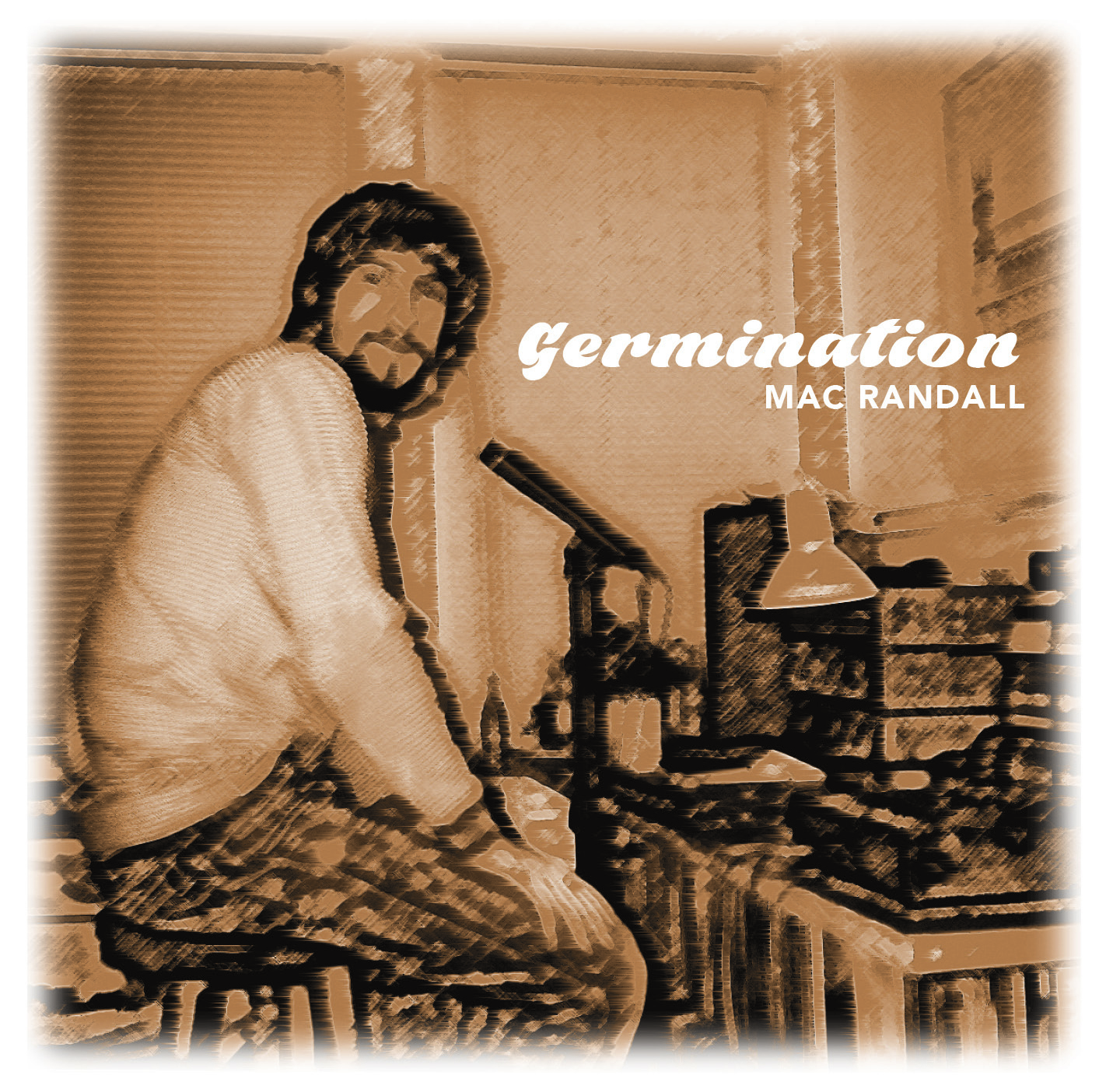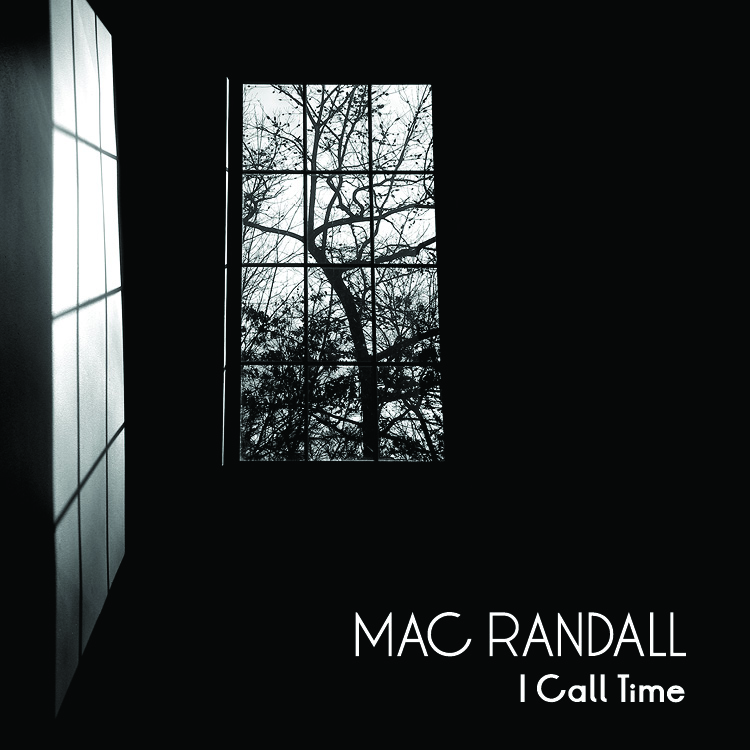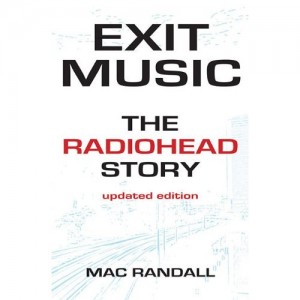A Blurry look back (Part 3): The later music, and extras
Continuing my immersion in all things Blur, here are some thoughts on the final 10 CDs of the Blur 21 boxed set. To read about the first eight discs, go here; to find out why I’m doing this, go here.
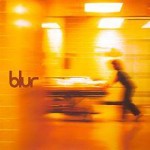 Discs 9 and 10: Blur (1997). Time for big Blur style shift number two, toward a messier, more American (or at least mid-Atlantic) sound. Although Parklife was Blur’s most successful album in its native country, Blur was its most successful worldwide—principally because it contained the testosterone-heavy hit “Song 2,” more generally known as “The ‘Woo-hoo’ One.” When it first came out, I was so keen on Parklife and The Great Escape that I found a good portion of the album distasteful. Even now I can’t say that “Spanish Bombs” or “Theme from Retro” are especially compelling, but they’re much more understandable, and listenable, 17 years later. Meanwhile, the one track that cops the old Britpop sound—“Look Inside America,” which is basically Parklife’s “End of the Century” redux, with lyrics that capture Damon Albarn’s ambivalence about promoting his music in the U.S.—seems more and more like the real weak link. On the whole, this is still my least favorite Blur album; it’s just trying too hard to be edgy and different. But it’s far from bad, starting off strong with “Beetlebum” and the aforementioned “Song 2” and sporting a few gems in the middle, including “M.O.R.,” “Strange News from Another Star,” and Graham Coxon’s endearingly creaky solo outing “You’re So Great” (though I do continue to wonder what the latter would have sounded like with cleaner production and a whole-band performance).
Discs 9 and 10: Blur (1997). Time for big Blur style shift number two, toward a messier, more American (or at least mid-Atlantic) sound. Although Parklife was Blur’s most successful album in its native country, Blur was its most successful worldwide—principally because it contained the testosterone-heavy hit “Song 2,” more generally known as “The ‘Woo-hoo’ One.” When it first came out, I was so keen on Parklife and The Great Escape that I found a good portion of the album distasteful. Even now I can’t say that “Spanish Bombs” or “Theme from Retro” are especially compelling, but they’re much more understandable, and listenable, 17 years later. Meanwhile, the one track that cops the old Britpop sound—“Look Inside America,” which is basically Parklife’s “End of the Century” redux, with lyrics that capture Damon Albarn’s ambivalence about promoting his music in the U.S.—seems more and more like the real weak link. On the whole, this is still my least favorite Blur album; it’s just trying too hard to be edgy and different. But it’s far from bad, starting off strong with “Beetlebum” and the aforementioned “Song 2” and sporting a few gems in the middle, including “M.O.R.,” “Strange News from Another Star,” and Graham Coxon’s endearingly creaky solo outing “You’re So Great” (though I do continue to wonder what the latter would have sounded like with cleaner production and a whole-band performance).
The B-sides disc gives further reason to doubt whether Blur had the best grip on what it was doing at this juncture in its career. Several of these songs could have improved the main Blur album substantially. Try swapping “I’m Just a Killer for Your Love” with “All Your Life” or “Get Out of Cities” and see if you don’t agree. You could do the same with at least four other tracks here: “Polished Stone,” “Bustin’ + Dronin’,” “Swallows in the Heatwave,” and “Cowboy Song.”
 Discs 11 and 12: 13 (1999). With a little more pruning, this one might have been a masterpiece. As it is, it’s about three tracks too long. “B.L.U.R.E.M.I.” flails around to no particular effect (interesting how the band’s attempts to sound punky feel more desperate with each album); the hip-hoppy “Trailerpark” offers a peek at what was to come with Albarn’s next project, Gorillaz, but is only mildly diverting on its own; and the self-consciously raucous “Swamp Song” does little other than annoy.
Discs 11 and 12: 13 (1999). With a little more pruning, this one might have been a masterpiece. As it is, it’s about three tracks too long. “B.L.U.R.E.M.I.” flails around to no particular effect (interesting how the band’s attempts to sound punky feel more desperate with each album); the hip-hoppy “Trailerpark” offers a peek at what was to come with Albarn’s next project, Gorillaz, but is only mildly diverting on its own; and the self-consciously raucous “Swamp Song” does little other than annoy.
Excise these from the running order and you’ve got a beautiful and wide-ranging collection containing epic space explorations (“Battle,” “Caramel”), frazzled rockers (“Bugman,” “Trimm Trabb”), a hooky example of the classic Blur sound (the Coxon/Albarn collaboration “Coffee and TV”), and a pair of tremendous lost-love ballads, “Tender” and “No Distance Left to Run.” Listen to Albarn’s bluesy, wounded singing on the latter two songs; it’s almost impossible to imagine that this outpouring could come from the same person who sang “There’s No Other Way” in a preciously vacant sarf-London accent eight years (and 10 discs) earlier. In a brief interview segment on Blur 21’s third DVD, Albarn says that the late-’90s breakup of his long relationship with Elastica’s Justine Frischmann made him a less arrogant person, and that’s clear in this music.
Given the patchwork way 13 was created, with the band recording lengthy jams and producer William Orbit piecing them together after hours, you’d figure its B-sides would be a mess. In reality, it’s quite the contrary: “All We Want” and “So You” are minor classics, the various alternate versions of album tracks are intriguing glimpses of roads not taken, and both sides of the 2000 one-off single “Music Is My Radar”/”Black Book” are great fun. Best of all is the full version of Alex James’ “Far Out,” a minor doodle on Parklife but a real song here (and a good one too), one of the most pleasant surprises of the whole box.
 Discs 13 and 14: Think Tank (2003). Cue big Blur style shift number three, which was due partly to Albarn’s blossoming interest in North African music, partly to the success of Gorillaz, and partly to Graham Coxon’s departure. The album’s final song, “Battery in Your Leg,” is the only one on which Coxon appears, and it’s tempting to see it as a snapshot of the relationship between him and Albarn. “This is a ballad for the good times,” Damon sings with a mournful air, adding pointedly, “You can be with me if you want to be.” The way Graham demolishes the middle of each verse with a burst of effects-laden fireworks indicates that he doesn’t want to be—and bolsters the contention by those who were there that he was a disruptive force during the album’s initial recording sessions.
Discs 13 and 14: Think Tank (2003). Cue big Blur style shift number three, which was due partly to Albarn’s blossoming interest in North African music, partly to the success of Gorillaz, and partly to Graham Coxon’s departure. The album’s final song, “Battery in Your Leg,” is the only one on which Coxon appears, and it’s tempting to see it as a snapshot of the relationship between him and Albarn. “This is a ballad for the good times,” Damon sings with a mournful air, adding pointedly, “You can be with me if you want to be.” The way Graham demolishes the middle of each verse with a burst of effects-laden fireworks indicates that he doesn’t want to be—and bolsters the contention by those who were there that he was a disruptive force during the album’s initial recording sessions.
Coxon’s enforced absence may have been necessary for everyone else’s sanity at the time, but it leaves a huge Graham-shaped hole in much of this music. The attempts to rock out on “Crazy Beat” and “We’ve Got a File on You” are forced and grating. Albarn also seems to have lost his songwriting discipline along with his creative partner, adopting a “first thought, best thought” approach that doesn’t always serve him well. A case in point is “Out of Time,” one of the album’s prettiest tracks, which is weighed down by a less than graceful chorus lyric: “You’ve been so busy lately/That you haven’t found the time/To open up your mind/And watch the world spinning gently out of time.” The point is a good one—a gentle warning against the perils of technology addiction—but the way in which it’s phrased, and the double rhyming of “time,” feels careless and lazy, especially for a songwriter who’d once specialized in precise details.
I considered Think Tank a big disappointment when it came out. Listening to it again 12 years later, I find I’ve warmed to it a lot. It’s evident that Albarn was already thinking beyond the bounds of Blur. Disc two only makes that more obvious, containing a dizzying diversity of styles from the party-hearty “Money Makes Me Crazy” and folk/gospel-ish “Some Glad Morning” to the sardonic EDM stomper “Me, White Noise” (“Why am I here? I’m here because I’ve got no fucking choice!”) and the eerie “Don’t Be,” which could pass for a Radiohead song. Overall, this phase of Blur’s work succeeds—as on the main album’s marvelously atmospheric opening track “Ambulance”—more often than it fails. Even so, the decision not to continue with the band as a trio after this was probably the right one.
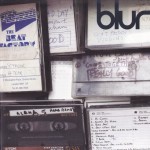 Discs 15 and 16: Rarities 1989-1993. The oldest material, from when Blur was still called Seymour, is cute but embarrassing baby-picture stuff. An 11-minute rehearsal of “She’s So High” in which Graham has fun with an E-bow, Alex has fun with a slap ’n’ pop bass line, and Damon has fun with mic feedback, can’t be called fun for anyone else. Yet even here there are hints of the chemistry to come: in the spacy jam at the end of “Birthday,” which reaches for something tantalizing but can’t quite grasp it, or in the early demo of “Sing,” played in a more or less traditional rock manner and missing the deconstructed production style that made it a highlight of Leisure but still ear-catching.
Discs 15 and 16: Rarities 1989-1993. The oldest material, from when Blur was still called Seymour, is cute but embarrassing baby-picture stuff. An 11-minute rehearsal of “She’s So High” in which Graham has fun with an E-bow, Alex has fun with a slap ’n’ pop bass line, and Damon has fun with mic feedback, can’t be called fun for anyone else. Yet even here there are hints of the chemistry to come: in the spacy jam at the end of “Birthday,” which reaches for something tantalizing but can’t quite grasp it, or in the early demo of “Sing,” played in a more or less traditional rock manner and missing the deconstructed production style that made it a highlight of Leisure but still ear-catching.
As it was with the official albums, so it is with the outtakes and demos: the Modern Life-era tracks are real eye-openers. The insinuatingly creepy “Death of a Party,” heard here in a rough acoustic version, points five years forward to when it finally appeared on Blur. And the three 1992 tracks produced by XTC’s Andy Partridge are a revelation. For 20 years, Blur disowned these recordings, and I guess I can understand why: They do sound a lot like XTC. However, I’ve been an XTC fan longer than I’ve been a Blur fan, and I would have paid good money to hear a whole album by this team. The backing vocal arrangements on “Coping” and “Seven Days” are just fantastic, and although “Sunday Sunday” doesn’t feel finished yet, I like hearing it without the superfluous speed-up in the middle that mars the official Modern Life version.
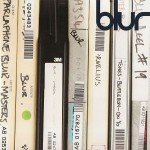 Discs 17 and 18: Rarities 1994-2012. Most of the cuts here are of the interesting-but-inessential kind. For two exceptions, we can thank Blur’s bassist. An alternate mix of his “Far Out,” though less complex than the version on the 13 bonus disc, is similarly engrossing. A few tracks later, there’s a second James composition, called simply “Alex’s Song.” As originally released, it was a Parklife B-side throwaway with a goofy Chipmunk-style nitrous-oxide vocal. This take is something else: a pleasantly meandering folk-rock number that bows to the twin gods of Bowie and Barrett. Based on such evidence, one wishes that Alex James had written more songs for Blur—and/or that the band had taken his songwriting more seriously.
Discs 17 and 18: Rarities 1994-2012. Most of the cuts here are of the interesting-but-inessential kind. For two exceptions, we can thank Blur’s bassist. An alternate mix of his “Far Out,” though less complex than the version on the 13 bonus disc, is similarly engrossing. A few tracks later, there’s a second James composition, called simply “Alex’s Song.” As originally released, it was a Parklife B-side throwaway with a goofy Chipmunk-style nitrous-oxide vocal. This take is something else: a pleasantly meandering folk-rock number that bows to the twin gods of Bowie and Barrett. Based on such evidence, one wishes that Alex James had written more songs for Blur—and/or that the band had taken his songwriting more seriously.
Disc 18, and the audio portion of the box, ends with what were then the two most recent Blur releases, recorded following Coxon’s return to the band: the 2010 Record Store Day 45 “Fool’s Day” and the 2012 single “Under the Westway.” (What happened to the latter’s B-side “The Puritan,” I wonder?) As with “Battery in Your Leg,” the temptation to interpret these songs as somehow bearing on the state of the group is downright impossible to avoid. At a key moment in “Under the Westway,” a beautiful piano-led ballad that recalls the John Lennon of “Mind Games,” Albarn sings, “On a permanent basis, I apologize.” To whom? His bandmates? His fans?
“Fool’s Day” gets more meta, recounting the humdrum events of an April morning in London as the singer readies himself to engage with “the forthcoming dramas” in “a studio” (to record this very song?), driven by the “love of old sweet music we just can’t let go.” For the final verse, Albarn seems to be giving himself a preparatory pep talk. He takes a philosophical tack: “Civil war is what we all were born into/Raise your left hand, right, sing/Don’t capitulate to the forces of the marketplace/They’ve long departed/Consolidate the love we have together/On a cold day in springtime.”
You could argue that by reforming in 2009, Blur did in fact capitulate to the forces of the marketplace. For Albarn and for Coxon, both of whom have made excellent music outside of Blur, the prospect of going back to the band—and making that reunion more than just a one-time event—must have occasioned a great deal of doubt. Maybe it’s the romantic in me, but I keep returning to that line about the love of old sweet music. I’d like to think that the four members of Blur really did get back together because they can’t let that love go. And after listening to hundreds of good, bad, and indifferent tracks by this band over the past few weeks, including the 12 superb ones that make up its highly unlikely 2015 comeback album, I’ve come to this conclusion: We’re lucky that they can’t let it go.
—————————–
As promised, for the final stage of my Blur immersion, I’ll revisit the one interview I conducted with all four members of the band nearly 20 years ago. Look for that in Part 4.

